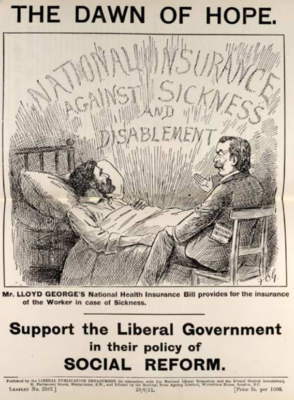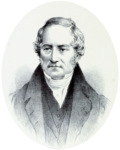Friendly societies were typically non-profit organisations established for the financial security of its members, providing benefits such as sickness, accident and maternity payments; contributions to funeral costs; and facilities for savings.
The Langholm Working Men’s Sick Society was formed annually for 12-month periods, so was sometimes referred to as the ‘Yearly Sick Society’. It was headed in 1915 by John Scoon, a weaver, and had had 101 sickness claims in the previous year, considerably higher than usual due to the influenza epidemic. It decided to reduce benefit payments temporarily, with the new sickness rates being six shillings (£26 in 2024 money) per week for six weeks, then five shillings (£22) per week for five weeks, when the benefit would end. Member’s annual dues were increased from 13 to 14 shillings. The Langholm Woollen Mills’ Women’s Sick Society was also suffering financially from high claims and decided not to pay its usual annual dividend to members.
The South of Scotland Woollen Trades Approved Society was based in Hawick and had a Langholm branch, providing health insurance. The term ‘approved’ meant that it was authorised by the government to do so under the terms of the National Insurance Act 1911, introduced by the Liberal government. The key instigators were David Lloyd George when he was chancellor of the exchequer, supported by Winston Churchill when he was home secretary. It created a scheme of compulsory insurance to which the government, employers and wage-earners contributed, administered partly by existing friendly societies and partly by the post office.

A Langholm Savings Bank was founded in 1849 as part of the Langholm branch of the National Bank of Scotland, and a Langholm Penny Savings Bank was created in 1854. These both ceased activities but a new institution was launched in 1914 as the Langholm and District Savings Bank, with the Committee of Management consisting of Provost Thomas Easton, Bailie John Cairns and Arthur Scott, woollen manufacturer. The first UK savings bank was started by Rev Henry Duncan in Ruthwell, Dumfriesshire, in 1810, as an effort to improve his parishioners’ financial resilience.
